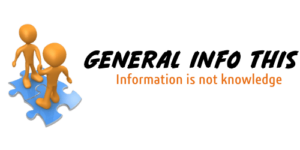In one of the sections of Danah Boyd’s incredible book “ Understanding The Social Lives of Networked Teens ” she talks about the concept of Digital Natives and posits that this concept doesn’t really capture the essence of what a digital navigator really is. Danah argues that the mere fact of feeling comfortable managing a social network does not prove that the user has a digital influence that allows him to manage it better for educational purposes:
“ Just because young people feel comfortable using any social network does not mean that they are experts in this field or in the field of technology . Many young people are not as close to the reality of being digital experts as digital natives are frequently assumed to be. The teens I know know how to get to Google but have very vague knowledge about how to build an effective search engine to get quality information from these search engines . For example, they know how to use Facebook, but the understanding of privacy settings is not consistent with how they set up their accounts. Sociologist Eszter Hargittai maintains that: Most adolescents tend to be more Digital Naive than Digital Natives.
Knowing how to assess digital content is essential in the process of developing digitally literate students . We have compiled quite a bit of material on strategies and skills for students to evaluate web content . Below we will show the 5 elements that students should take into account when evaluating digital content, these elements are:
Concurrence:
They should ask themselves when the information was published, updated or revised and if the information is current according to the topic of interest.
Relevance:
They must ask themselves if the information is related and relevant to the topic of interest, if it meets the needs and objectives of the search, and if it was written for that purpose or for another audience.
Authority :
They must ask themselves who is publishing the news, if it is an entity, an organization or a person. If they are experts on the subject, and if the source is reliable. They should also see if it is possible to contact them to obtain more information or make corrections.
Accuracy :
They must ask themselves if the information is reliable, you see, and correct . If it agrees with other sources of information found before. A good presentation should be noted, that no spelling or grammatical errors are found and that they cite some other source
Purpose :
What is the purpose of the website? What is the purpose of the news? how objective is it? They should ask themselves if the article was built to inform, educate, or pass on knowledge. If you try to persuade, sell or convince them of something.















